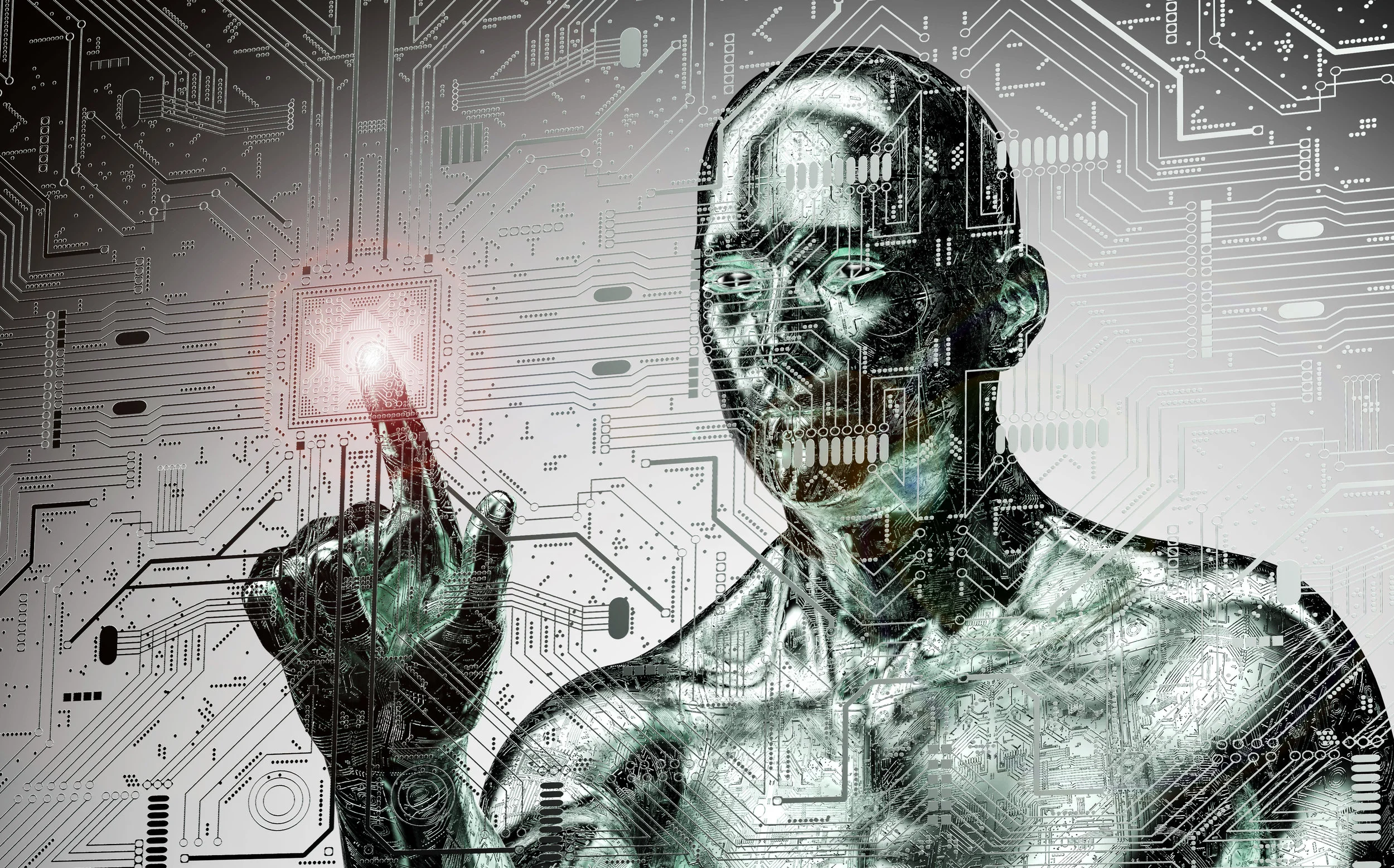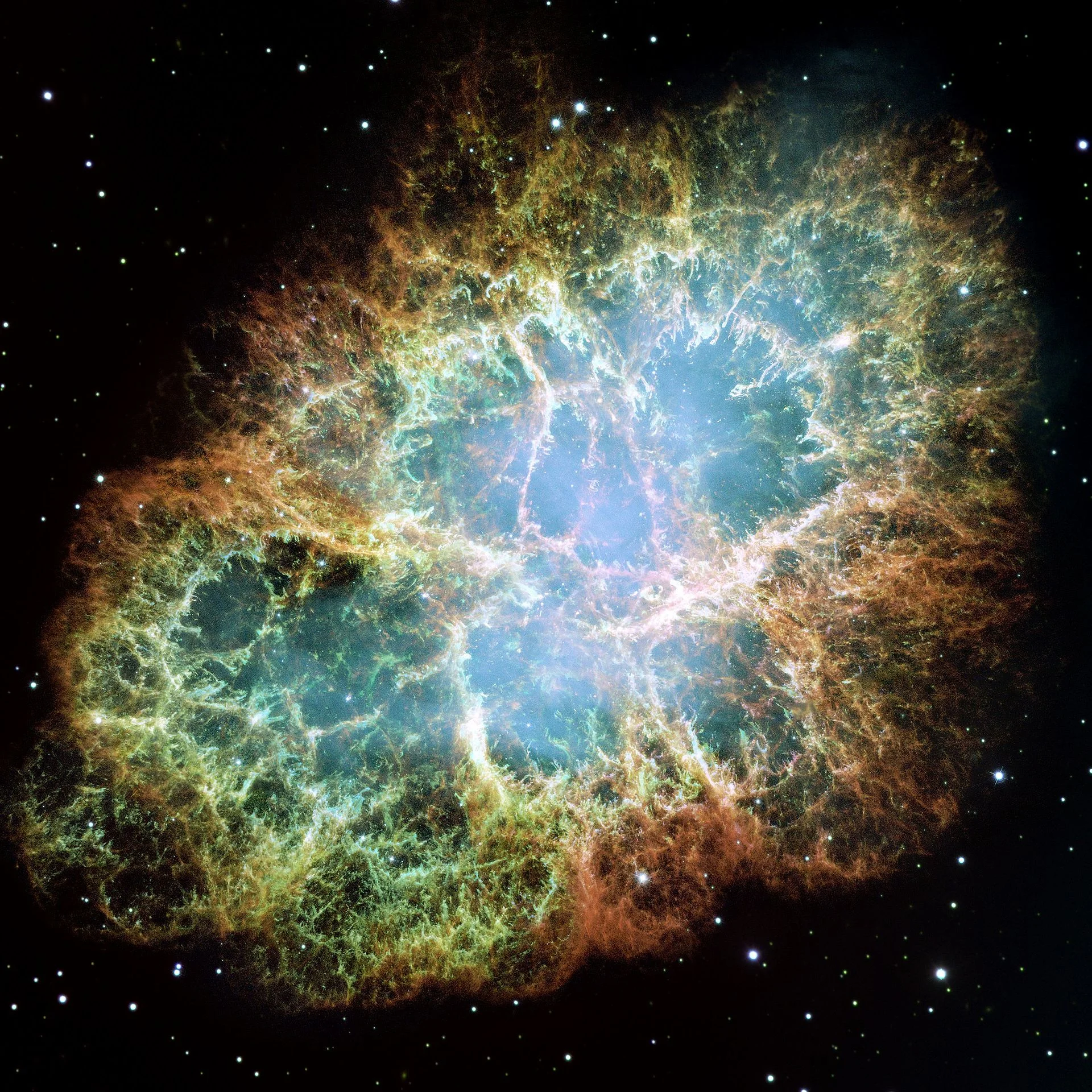Debra Herbenick Ph.D., M.P.H.: Director, The Center for Sexual Health Promotion; Associate Professor, Dept of Applied Health Science; School of Public Health - Bloomington; Research Fellow & Sexual Health Educator, The Kinsey Institute Indiana University
Dr. Herbenick works to better understand how contemporary women and men experience their bodies and their sexual lives. In total, Dr. Herbenick has conducted 10 national surveys of sex in America including issues related to female pleasure/masturbation, couples communication, diverse sexual behaviors, condom use and condom attitudes, sexual satisfaction, genital sensation and pleasuring techniques, media use, and the use of consumer products (e.g., condoms, lubricants, technology, vibrators and other sex toys).
Passionate about sharing sexual science with the general public, Dr. Herbenick has also written five books and several thousand newspaper and magazine columns about sex. She hosts the Kinsey Confidential column and podcast series, and has appeared on various TV, radio and web-based video series talking about sex and sex research. In addition, Dr. Herbenick is the founder and host of the Bloomington Sex Salon, a popular local event series dedicated to creating campus-community conversations about sexuality topics, with rotating guests.









































